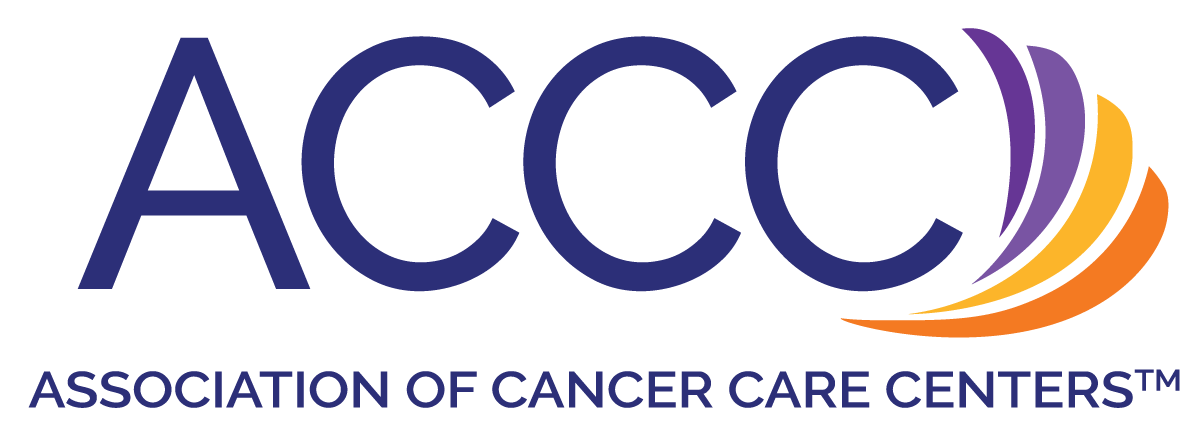
Practice Gaps for Immunotherapy Identified in Community Oncology Centers

Only 61% of patients completed therapy fully with checkpoint inhibition as planned, while treatment was delayed or discontinued in 22% due to immune-related adverse events, according to findings from a quality improvement research study conducted by the Association of Community Cancer Centers.
Only 61% of patients completed therapy fully with checkpoint inhibition as planned, while treatment was delayed or discontinued in 22% due to immune-related adverse events (irAEs), according to findings from a quality improvement research study conducted by the Association of Community Cancer Centers (ACCC).
“This quality improvement initiative proved that community cancer center directed educational interventions are impactful and may improve clinician understanding, comfort, and attitudes with the integration of checkpoint inhibitors,” wrote investigator led by Latha Shivakumar, PhD, director of Clinical Education Development at the ACCC.
As the role of immunotherapy rapidly expands the treatment landscape for cancer, community clinicians face significant challenges in terms of integrating this new class of drugs into their practice, and guidance is required regarding the practical issues that should be addressed prior to using immunotherapy as treatment of patients in the community setting. This quality improvement research study aimed to explore the barriers to optimal integration of immunotherapy and the impact of educational interventions on the integration of this therapy in the community.
Baseline data were collected from 98 patients who had been treated with a checkpoint inhibitor between December 2017 and April 2018 at 2 community cancer centers who are members of the ACCC Cancer Program, including the Alan B. Pearson Regional Cancer Center and the Cancer & Hematology Centers of Western Michigan. The data included information on co-morbidities, irAEs, laboratory tests, emergency room visits/hospitalizations, patient education, and treatment adherence. Clinician surveys were conducted to evaluate practice patterns. These baseline data were analyzed by an advisory committee in order to identify specific practice gaps, and they also designed the educational interventions to address these gaps.
An ACCC immunotherapy wallet card was distributed to patients, and the clinical teams received pocket guides for the National Comprehensive Cancer Network (NCCN) guidelines for managing irAEs. Post-intervention data were collected from 100 additional patients who received checkpoint inhibition therapy between January 2019 and April 2019, and an additional survey was completed by clinicians for practice changes. Fisher’s exact test was used to evaluate these data.
Despite the recommended intervention of offering ACCC-created immunotherapy wallet cards for patients, only 1 site adopted this strategy, and this site had a statistically lower hospitalization rate compared with the other site, in which the rates were 19% versus 35%, respectively (P =.0024).
Based on the self-reported clinician responses at both sites before and after implementing quality improvement interventions, the study authors noted improvements in several categories, including the management of co-morbidities, monitoring and management of AEs, integrating shared decision-making, interprofessional communication, coordinating with non-oncology specialists, and patient education.
These findings demonstrated that the risk of hospitalization may be reduced with the administration of wallet cards to patients at the start of therapy, suggesting further investigation in larger studies may be warranted.
Reference
Shivakumar L, Weldon C, McBride A, et al. Identifying Obstacles to Optimal Integration of Cancer Immunotherapies in the Community Setting. Presented at: 2020 American Society of Clinical Oncology-Society for Immunotherapy of Cancer Clinical Immuno-Oncology Symposium; February 6-8, 2020; Orlando, FL. Abstract #96.





